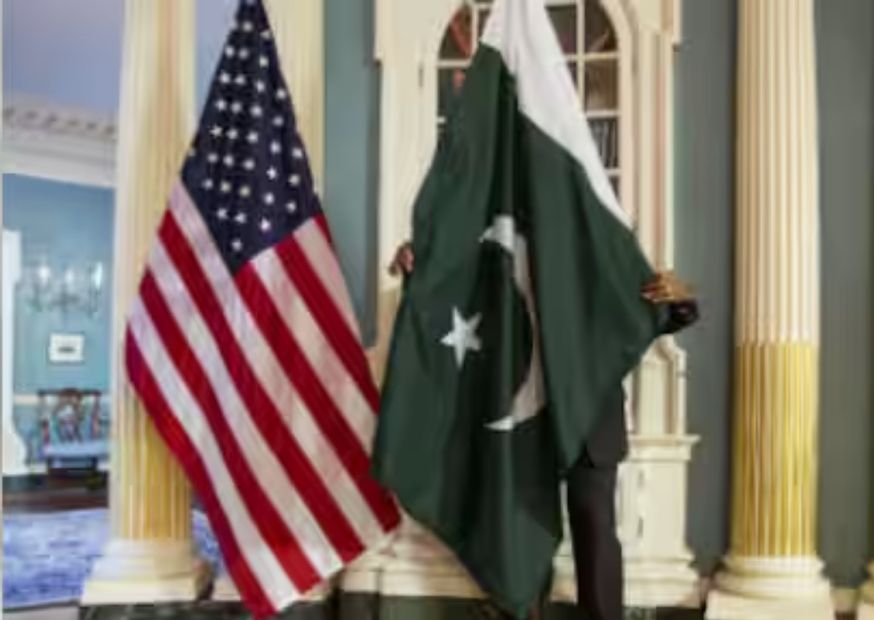ISLAMABAD, PAKISTAN: A new chapter in Pakistan–US relations has begun with the dispatch of Pakistan’s first shipment of rare earth and critical minerals to the United States, marking a milestone in economic cooperation between the two countries. The shipment follows a US $500 million investment agreement between US Strategic Metals and Pakistan’s Frontier Works Organisation (FWO), potentially unlocking vast mineral wealth long buried beneath Pakistan’s soil.
The collaboration arrives at a crucial time when global demand for critical minerals—used in electric vehicles, renewable energy technologies, and modern electronics—is soaring. Experts predict that demand will triple by 2030, with certain minerals increasing by as much as thirtyfold by 2040. This global race for resources positions Pakistan as a strategic player in the energy transition era.
Despite possessing mineral reserves worth over US $6 trillion, including vast copper deposits in Reko Diq and newly identified rare earth sites in Gilgit-Baltistan, Pakistan has long struggled to convert its potential into progress. The new partnership could change that narrative by ensuring sustainable extraction, technology transfer, and investment in value-added industries.
However, the partnership’s success hinges on effective execution. Analysts highlight the need for joint geological mapping, transparent governance, community welfare safeguards, and strict adherence to environmental standards. Pakistan must also avoid the pitfalls of raw mineral exports by developing local processing and manufacturing capacities to capture more value from its resources.
For the United States, this partnership supports its strategic goal of diversifying critical mineral sources amid global supply chain tensions. For Pakistan, it presents an opportunity to transform its economy through industrialisation, job creation, and sustainable growth.
If managed with integrity and foresight, this collaboration could mark a turning point—from a history of missed opportunities to a future defined by mutual prosperity and responsible resource development.
This story has been reported by PakTribune. All rights reserved.



